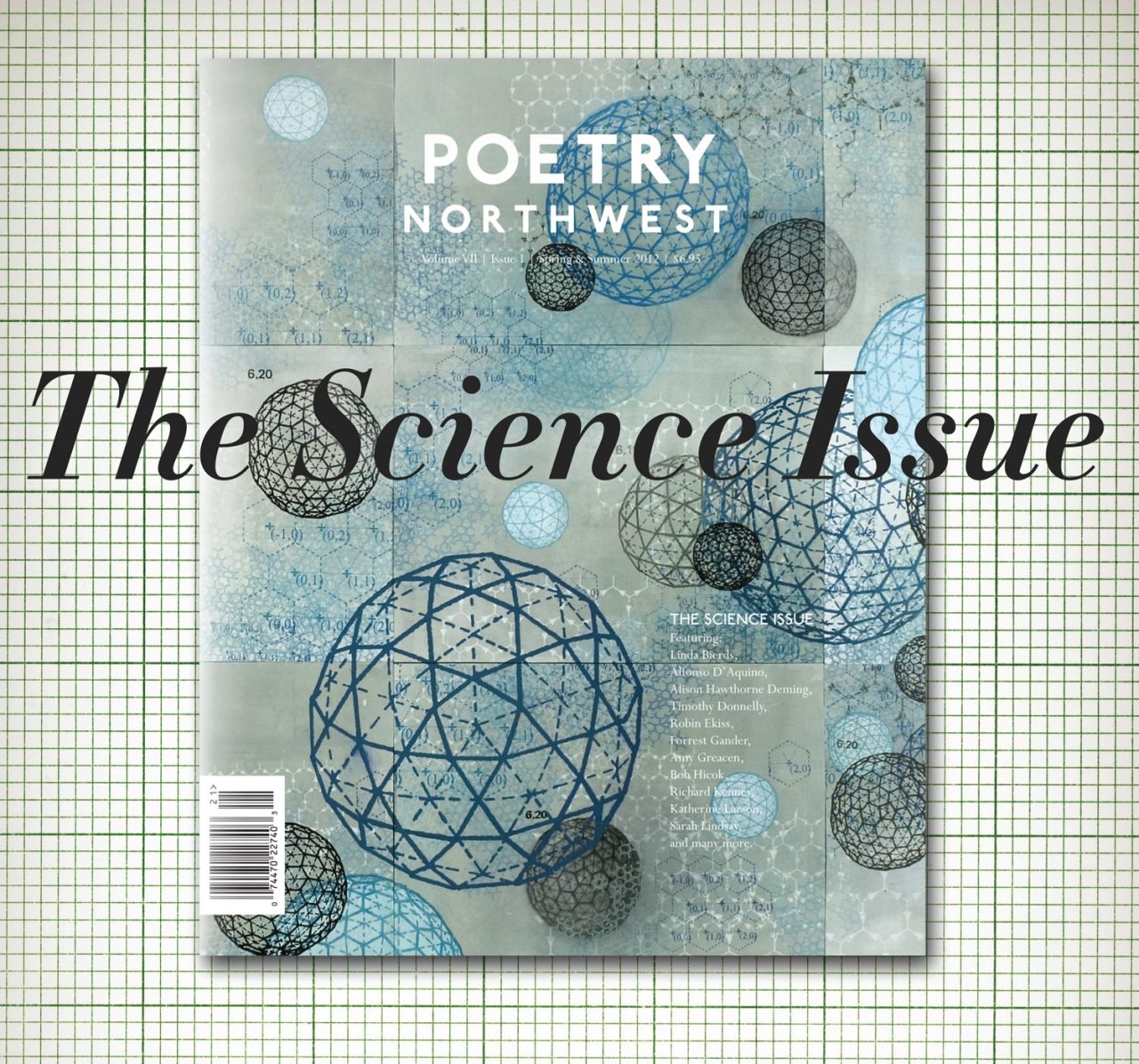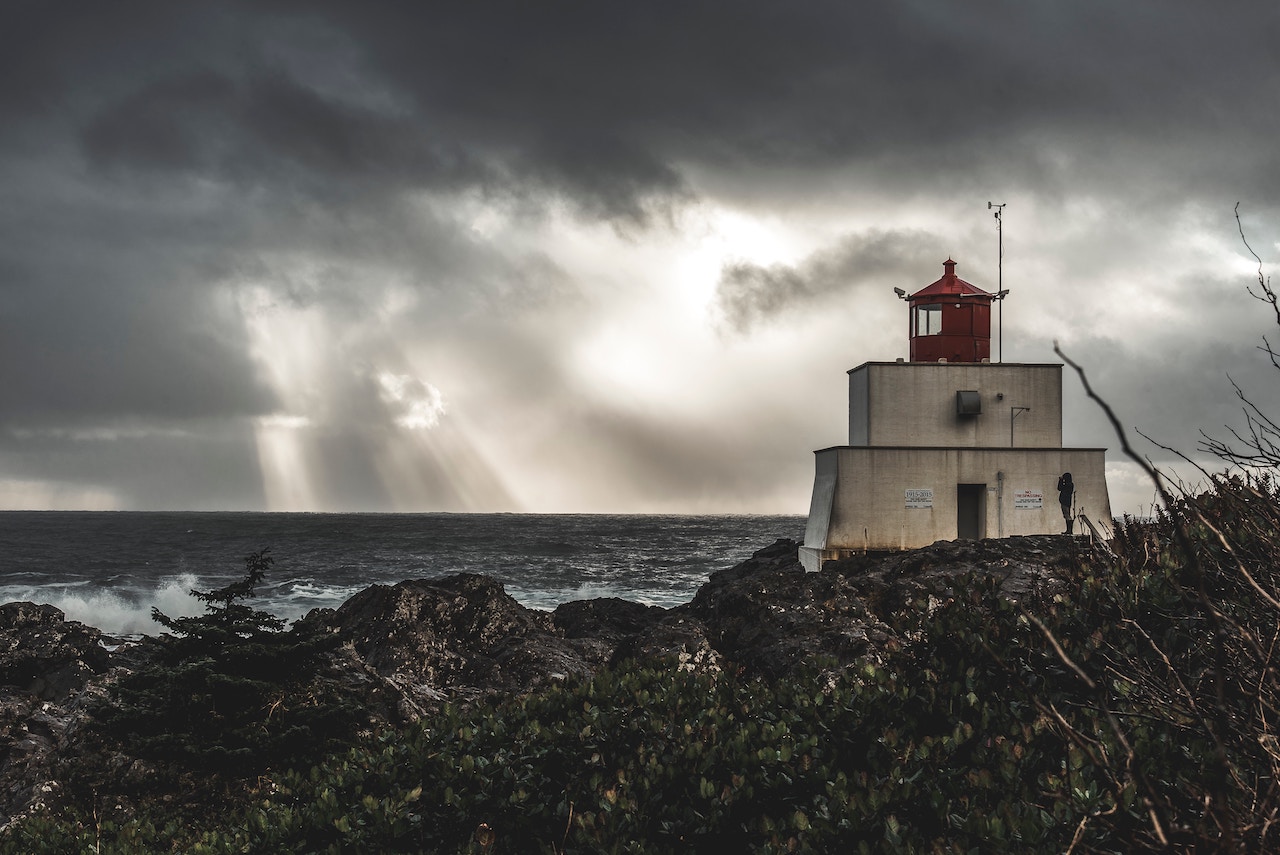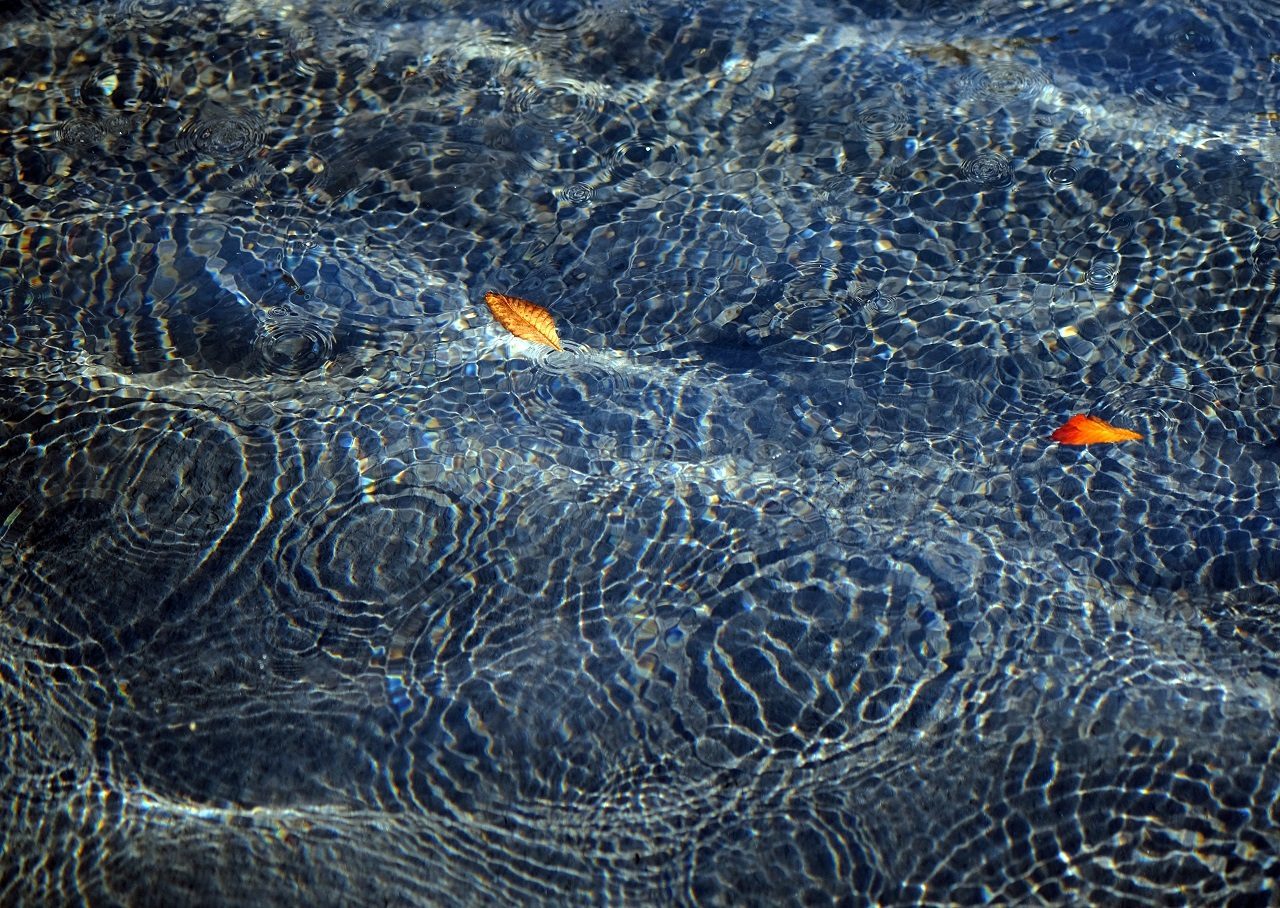The Big Bang: Poetry & Science
Poetry Northwest presents The Science Issue The editors of Poetry Northwest are pleased to present the Spring-Summer 2012 edition of the magazine, a special theme issue exploring the intersections of poetry and science. As languages approaching the mysteries of existence and advancing the limits of human understanding, poetry and science have more in common than is commonly believed.The Science Issue presents a variety of poets who engage directly and indirectly with the sciences—from astrophysics and quantum mechanics to geology, botany, ornithology, and marine biology. It includes poets who are also scientists, like Katherine Larson (a molecular biologist, and recent Yale Younger Poets Prize and Kate Tufts Discovery award winner) and Amit Majmudar (who serves in the honorable tradition of the poet-physicians). It also includes a meditation on poetry by historian of science and University of Puget Sound professor Mott Greene. Featured writers include: Linda Bierds, Alison Hawthorne Deming, Timothy Donnelly, Forest Gander, Amy Greacen, Bob Hicok, Richard Kenney, Katherine Larson, Sarah Lindsay, and many more. “I’ve always taken a deep interest in the sciences—biology, astronomy, and physics in particular,” says editor Kevin Craft. “And I’m fascinated by the representational overlap between poetry …





